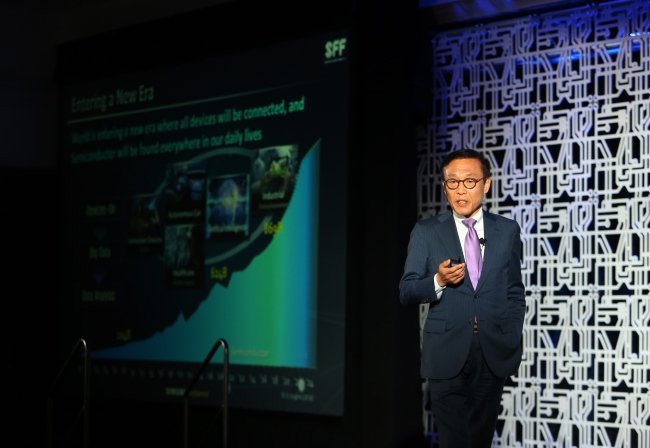In a significant move that underlines the growing competition in the AI chip industry, Kneron, an AI chip firm, has successfully raised $49 million in funding. With backing from notable investors, including Foxconn, Kneron is positioning itself as a potential rival to industry leader Nvidia.
Rising Demand for AI Chips
The demand for AI chips has been on the rise, driven by the increasing applications of artificial intelligence across various sectors, including autonomous vehicles, healthcare, data centers, and consumer electronics. As AI technology becomes more prevalent, companies are looking to invest in AI chips to power their AI-driven solutions and gain a competitive edge.
Kneron’s Ambitious Goals
Kneron, a Taiwan-based AI chip company, has been making strides in the industry with a focus on edge AI, which involves processing AI computations on the device rather than relying on cloud-based services. Edge AI is gaining significance due to its potential for faster processing, improved privacy, and reduced latency.
By raising $49 million in funding, Kneron is demonstrating its ambition to challenge industry leaders like Nvidia, which is renowned for its GPUs and AI hardware. With Foxconn, one of the world’s largest electronics manufacturers, as an investor, Kneron has positioned itself for accelerated growth and development.
Implications for the AI Chip Industry
Kneron’s success in raising significant funding highlights the competitive nature of the AI chip industry. As new players enter the market and gain investment, it can result in more innovative and diversified offerings. This competition has the potential to drive advancements in AI chip technology, leading to more efficient and powerful chips that can cater to various applications.
The Role of Edge AI
Kneron’s focus on edge AI is particularly noteworthy. Edge AI is becoming increasingly important for applications like smart devices, robotics, and autonomous vehicles, where real-time processing and low latency are crucial. Edge AI solutions have the potential to revolutionize how devices and systems interact with and respond to the world around them.
As AI continues to integrate into our daily lives and industries, edge AI and the chips that power it will play a pivotal role in the development of more intelligent, responsive, and efficient systems.
Conclusion
Kneron’s successful funding round and its ambitions to rival Nvidia underscore the rapid growth and dynamism of the AI chip industry. As competition intensifies, the industry is likely to witness further innovation and development, ultimately benefiting a wide range of sectors that rely on AI technologies for improved performance and efficiency.


